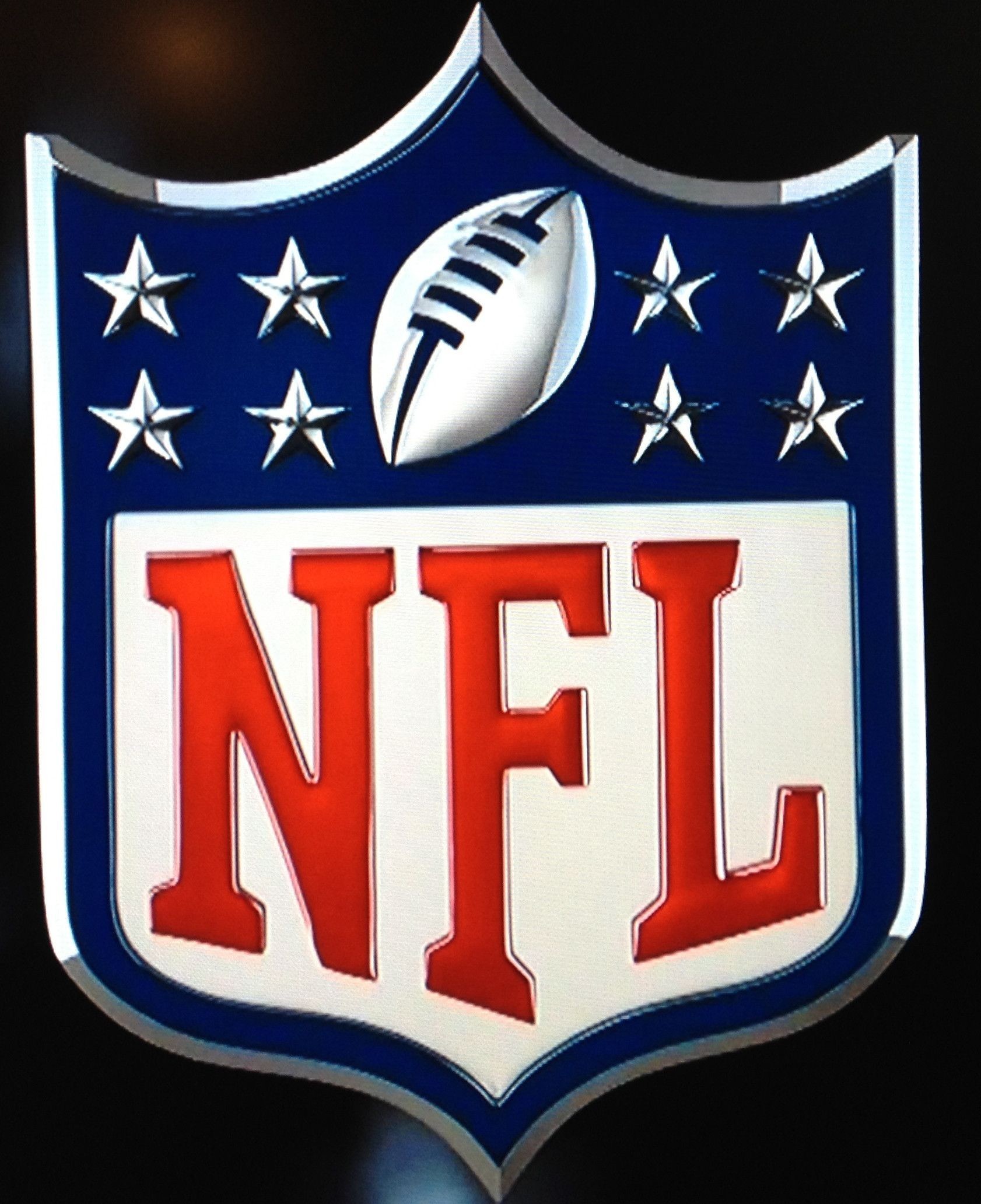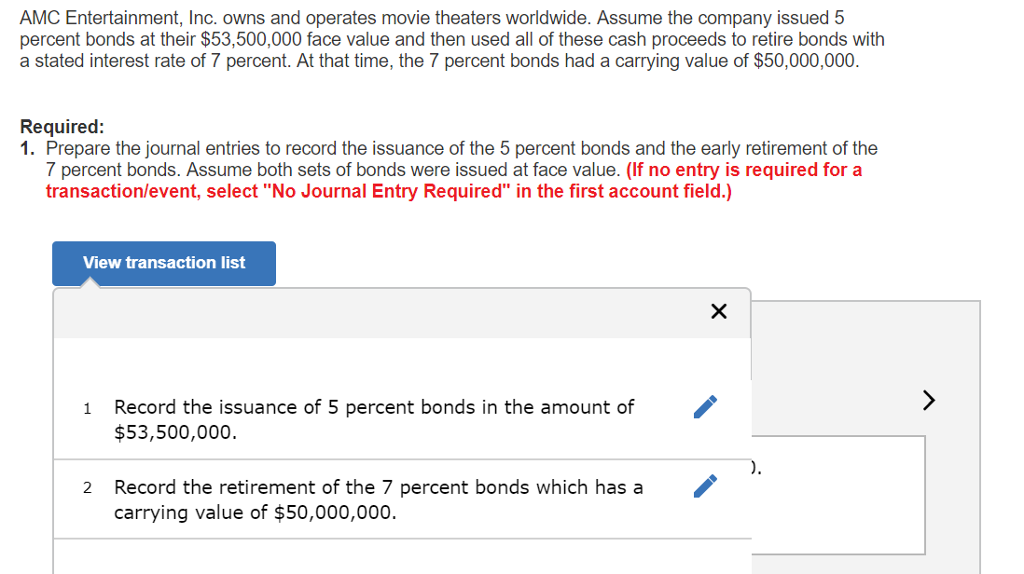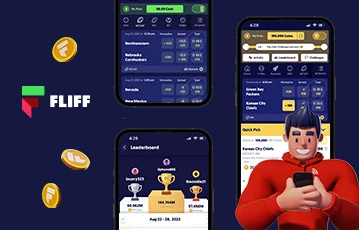Unlock Your Future: Career Paths and Opportunities with a Sports Administration Degree
Introduction: The Versatility of a Sports Administration Degree
Sports administration degrees open doors to a diverse array of career paths both on and off the field. With the sports industry continuing to expand in scope and influence, graduates are equipped to take on leadership, management, and operational roles at all levels-from community athletics to professional leagues. This comprehensive guide explores the many opportunities available, the practical steps to enter each field, and strategies to maximize your degree’s value in today’s competitive market.
[1]
What Careers Can You Pursue with a Sports Administration Degree?
A sports administration degree is a launchpad for a variety of roles in sports organizations, education, business, and the nonprofit sector. Below are some of the most promising career paths, each offering unique challenges, rewards, and opportunities for growth.
Athletic Administration & Athletic Director Roles
Graduates can become
athletic administrators
or
athletic directors
at schools, colleges, or universities. These professionals oversee entire athletic departments, manage budgets, hire coaches and support staff, coordinate logistics, and develop athletic programs. At the collegiate level, the position often involves larger budgets, more complex compliance issues, and extensive stakeholder engagement.
[2]
Example:
An athletic director at a university may oversee dozens of sports teams, negotiate sponsorships, and ensure compliance with NCAA regulations. At the high school level, the role often focuses more on program development and community engagement.
[3]
How to Get Started: Seek internships within college athletic departments, volunteer for local sports organizations, and pursue graduate-level coursework or certifications in athletic administration for greater advancement opportunities. Many positions require experience with budgeting, event planning, and compliance management.
Sports Agency and Athlete Representation
Athlete representation-typically as a sports agent -is a high-profile path where you advocate for athletes in contract negotiations, sponsorship deals, and career management. Agents need strong negotiation skills, business acumen, and a deep understanding of the sports industry.
Example:
A sports agent may negotiate multimillion-dollar contracts for professional athletes or manage endorsement deals for rising stars.
[2]
How to Get Started: Gain experience through internships at sports agencies or legal firms specializing in sports law. Many agents pursue additional credentials in law or business. You can learn about specific requirements by searching for “sports agent licensing” and reviewing regulations from league websites or state agencies.

Source: dreamstime.com
Sports Event Management
Event coordinators in sports plan and execute athletic events, from local tournaments to national championships. Their work encompasses logistics, ticketing, facility preparation, media relations, and vendor management.
[1]
Example: Coordinating a university’s homecoming weekend, managing logistics for an international soccer match, or planning charity sports events.
How to Get Started: Volunteer to help organize local sports events, join campus event committees, and pursue internships with sports venues or event production companies. Acquiring certifications in event management or project management may boost your prospects.
Sports Marketing and Promotion
Sports marketing professionals build brands, manage fan engagement, and drive ticket sales for teams or leagues. They may lead social media campaigns, coordinate promotional events, or manage sponsorships.
Example:
Leading a campaign to increase season ticket sales for a professional basketball team, or developing a viral social media strategy for a college football program.
[4]
How to Get Started: Seek internships with team marketing departments, sports marketing agencies, or athletic brands. Build a portfolio with hands-on projects, and consider certifications in digital marketing or sports marketing from recognized associations.
Facility and Operations Management
Sports facilities-from large stadiums to local recreation centers-require managers to oversee daily operations, ensure safety compliance, schedule events, and coordinate maintenance.
Example:
Managing a city’s sports complex, ensuring smooth operations for concerts and games, or overseeing a university athletic facility.
[1]
How to Get Started: Apply for entry-level operations roles or internships at local sports complexes, parks and recreation departments, or college facilities. Experience in logistics, safety protocols, and staff management is highly valued.
Sports Finance and Business Operations
Business-minded graduates can enter roles such as sports finance analyst, contract administrator, or business development coordinator. Responsibilities may include financial planning, contract negotiation, revenue generation, and sponsorship management.
[5]

Source: alamy.com
Example: Evaluating player contracts for a professional team or developing new revenue streams for an athletic department.
How to Get Started: Take courses in finance and accounting, seek internships in sports organizations’ finance departments, and research industry best practices through professional organizations such as the National Association of Collegiate Directors of Athletics (verified as real and accessible as of August 2025).
Coaching, Player Development, and Community Outreach
Many graduates work as coaches, trainers, or youth sports coordinators. These roles require knowledge of player development, motivation, and often community engagement initiatives.
Example:
Developing training programs for high school athletes, coaching youth teams, or leading after-school sports programs for community organizations.
[4]
How to Get Started: Most coaching positions require certification, which you can obtain through your state’s high school athletic association or national organizations such as the National Federation of State High School Associations (verified as real and accessible as of August 2025).
Accessing Sports Administration Careers: Step-by-Step Guidance
To position yourself for success, consider these actionable steps:
- Research Programs: Identify accredited sports administration or management degree programs. Use the NCAA’s list of member institutions or reputable university directories.
- Gain Experience: Pursue internships, volunteer roles, or part-time positions with sports organizations, facilities, or event coordinators. Experience is crucial.
- Network: Attend industry conferences, join professional associations (such as NASSM, NACDA), and connect with alumni working in the field.
- Certifications & Continuing Education: Explore certifications in coaching, event management, or sports marketing. Many are available through established organizations and universities.
- Job Search: Use targeted search terms like “sports administration jobs,” “athletic director positions,” or “sports marketing careers” on reputable job boards (Indeed, NCAA Market, LinkedIn).
- Professional Development: Stay updated with trends and best practices by subscribing to sports business publications, participating in webinars, and pursuing graduate education if needed.
Potential Challenges and Solutions
Competition: The sports industry attracts passionate candidates. To stand out, build a robust resume with relevant experience, certifications, and a strong professional network.
Entry-Level Barriers: Some roles, especially high-profile ones like sports agent or athletic director, require significant experience or advanced degrees. Start with internships and entry-level positions, and consider graduate programs for advancement.
Geographic Limitations: Major sports markets are concentrated in certain cities. Consider remote and hybrid opportunities, or look for roles in collegiate and community sports organizations in your area.
Alternative and Emerging Opportunities
The sports industry is rapidly evolving, creating new opportunities in areas such as:
- Esports management : Managing online gaming tournaments and teams.
- Sports analytics : Using data to improve team performance and business decisions.
- Nonprofit and community sports programs : Developing outreach initiatives for youth and underrepresented groups.
These emerging fields often require a combination of traditional sports administration skills and specialized knowledge in technology, analytics, or community engagement.
Key Takeaways
A sports administration degree provides a strong foundation for a diverse, rewarding career. Whether your passion lies in management, marketing, finance, coaching, or event planning, there are actionable steps you can take to access these roles. Focus on gaining practical experience, building a network, and staying informed about industry trends. For further information, consult the official websites of professional associations, university career centers, and reputable job boards.
References
- [1] University of Florida Online (2025). Sport Management Degree Employment Opportunities.
- [2] University of Minnesota Online (2020). What Can You Do With a Sports Management Degree?
- [3] Jobs In Sports (2023). The Ultimate List Of Sports Management Jobs & Careers.
- [4] Salem University (2023). 73 Jobs You Can Get With a Sports Management Degree.
- [5] University of Florida (2025). What Can You Do With a Sports Management Degree?
MORE FROM couponnic.com













